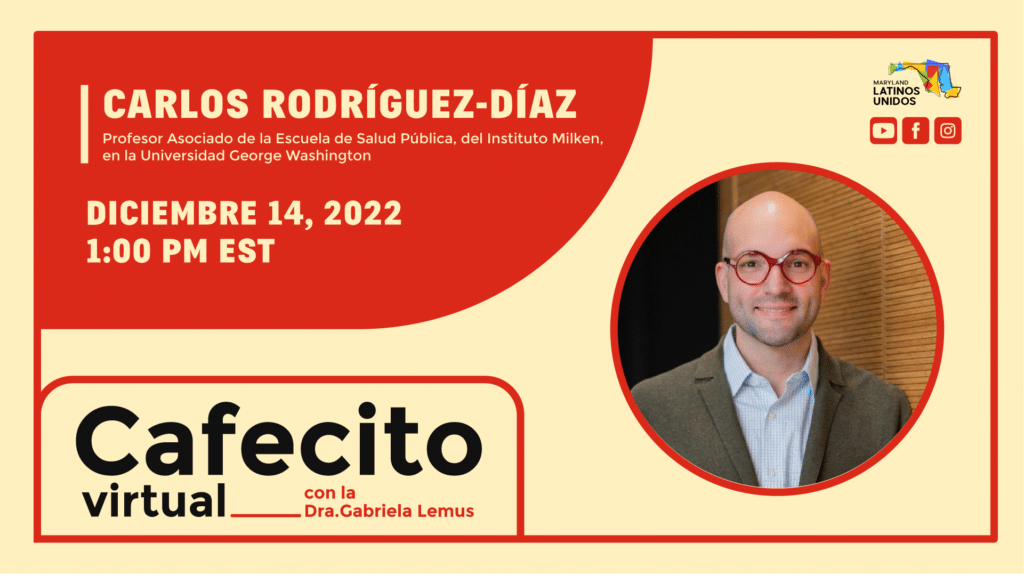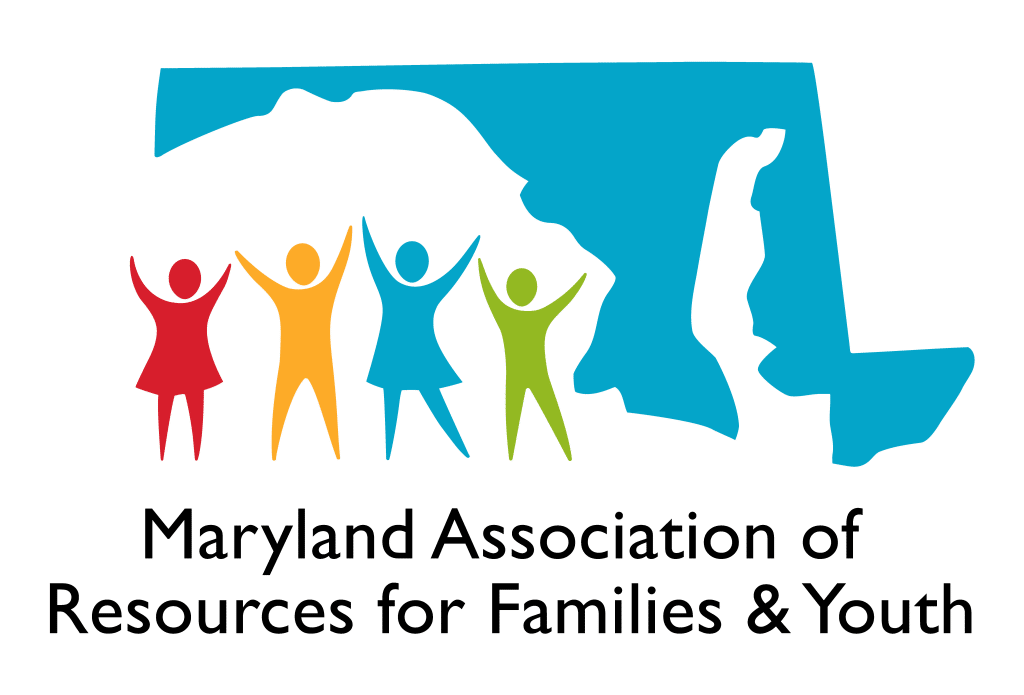With so many nonprofits cancelling, postponing, or moving their big annual celebrations, galas, graduations, and fundraisers, not only are nonprofits seeking new opportunities for revenue generation, they may have also missed out on their annual volunteer appreciation celebrations.
Did your organization take your regular volunteer appreciation event or celebration off the schedule for this year? With restrictions on in-person gatherings and celebrations, this is definitely a sign of the times and a necessity across the country. But, have you taken the opportunity to acknowledge the good work of your volunteers in other ways? The Standards for Excellence: An Ethics and Accountability Code for the Nonprofit Sector has always highlighted the important work of volunteers who work generously and tirelessly to help nonprofits meet their important community missions.
What can you do to recognize your volunteers, even in the midst of moratoriums on big in-person gatherings? Consider some of these options:
- You could write a feature on your volunteers in your newsletter or your annual report.
- You could recognize your volunteers on social media.
- You could hold a phone call “thank-a-thon” for your volunteers.
- You could do a fun socially distant virtual volunteer celebration.
- You could send a small thank you gift.
- You could send old-fashioned hand-written thank you notes.
There are many opportunities to consider for recognizing your beloved, and valuable, volunteers. You may even have some volunteers who traditionally serve in roles where they support your organization in an office or in-person setting who may love to help coordinate or lead efforts to ramp up volunteer recognition at this time.
The Standards for Excellence educational packet on Volunteer Policies addresses the benefits of volunteer policies, how to develop volunteer policies, preparing for incorporating volunteers into an organization’s efforts, initial assessment and screening of volunteers, volunteer training, ongoing volunteer supervision and evaluation, motivating and encouraging volunteers and recognizing and providing opportunities for volunteer advancement. Of course, volunteer motivation includes recognizing the important contributions of your volunteers! The package includes: a Model Volunteer Program Policies and Procedures, a Position Description for Volunteer Coordinator, Sample Volunteer Policies, a Sample Volunteer Agreement, and a Sample Agreement for Unpaid interns.
La serie completa de paquetes educativos de los Estándares para la Excelencia incluye ejemplos de políticas, herramientas y procedimientos modelo para ayudar a las organizaciones sin ánimo de lucro a lograr las mejores prácticas en su gobierno y gestión. Puede acceder a ellos poniéndose en contacto con un socio de replicación autorizado de las Normas para la Excelencia, con uno de los más de 150 consultores autorizados de las Normas para la Excelencia o haciéndose miembro del Instituto de Normas para la Excelencia.
Compartimos nuestros sinceros deseos de que sigan gozando de buena salud y paciencia mientras todos atravesamos estos tiempos difíciles e inciertos.

Amy Coates Madsen es la Directora de Programas para las organizaciones sin ánimo de lucro de Maryland y la Directora del Instituto de Normas para la Excelencia, una iniciativa nacional para promover los más altos estándares de ética y responsabilidad en la gobernanza, gestión y operaciones de las organizaciones sin ánimo de lucro, y para facilitar la adhesión a las normas por parte de todas las organizaciones. El Standards for Excellence Institute es un programa de la Maryland Association of Nonprofit Organizations (Asociación de organizaciones sin ánimo de lucro de Maryland), donde Amy ha trabajado durante más de veinticuatro años. Amy es responsable de coordinar todos los aspectos del programa integral de ética y responsabilidad de la asociación y de los esfuerzos para replicar el programa a nivel nacional. Es formadora y escritora habitual en las áreas de conducta del consejo, evaluación de programas, reproducción de programas, ética en la recaudación de fondos y gestión de organizaciones sin ánimo de lucro. Ha impartido cursos sobre ética y responsabilidad de las organizaciones sin ánimo de lucro en el Programa de Certificación en Gestión de Organizaciones Sin Ánimo de Lucro del Instituto Johns Hopkins de Estudios Políticos.






